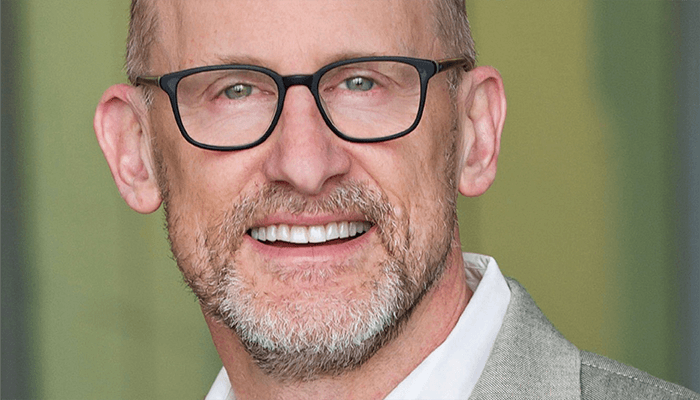
Let’s talk about what rare disease means. Between 5 and 7 percent of the population is affected by a rare disease (of which there are over 7,000) – and, heartbreakingly, 30 percent of rare disease patients die within the first five years (1). If we can help accelerate diagnosis and end the diagnostic odyssey when a baby is just starting to show symptoms – and when they can still be treated – then they can live a long, healthy life. For example, Wilson’s disease is a copper buildup disease that affects the liver and the brain. It’s irreversible if the patient goes too long without treatment – but, if we can get them diagnosed and treated quickly, they can live a relatively normal life.
How do we end this diagnostic odyssey? Currently, it takes an average of five years to reach a final diagnosis – and that’s often too late for patients. Hospitals that use whole-genome sequencing are changing the landscape of rare diseases. If we can get a genetic test done quickly, we can take life-saving measures that can really make an impact on these babies, their families, and overall patient outcomes.
The ultimate vision is to do newborn screening with next-generation sequencing for every baby that is born. To achieve this, we need to change our outlook on the world of genomics. It can’t cost a thousand dollars to sequence each genome, followed by thousands of dollars’ worth of experts perusing research papers to find evidence for each variant. This is one of many areas where artificial intelligence can help: pre-curating all the answers for all the rare diseases. If you pre-curate the most likely and most actionable rare diseases and then screen all newborns – let’s say for the top 500 – then you can tell clinicians immediately after birth, even before symptoms arise, when a patient will need ongoing monitoring or treatment. I think this is the future of rare disease diagnosis.
References
- Rare Genomics Institute, “Get the Facts on Rare Diseases” (2021). Available at: https://bit.ly/3IWUqZg.




